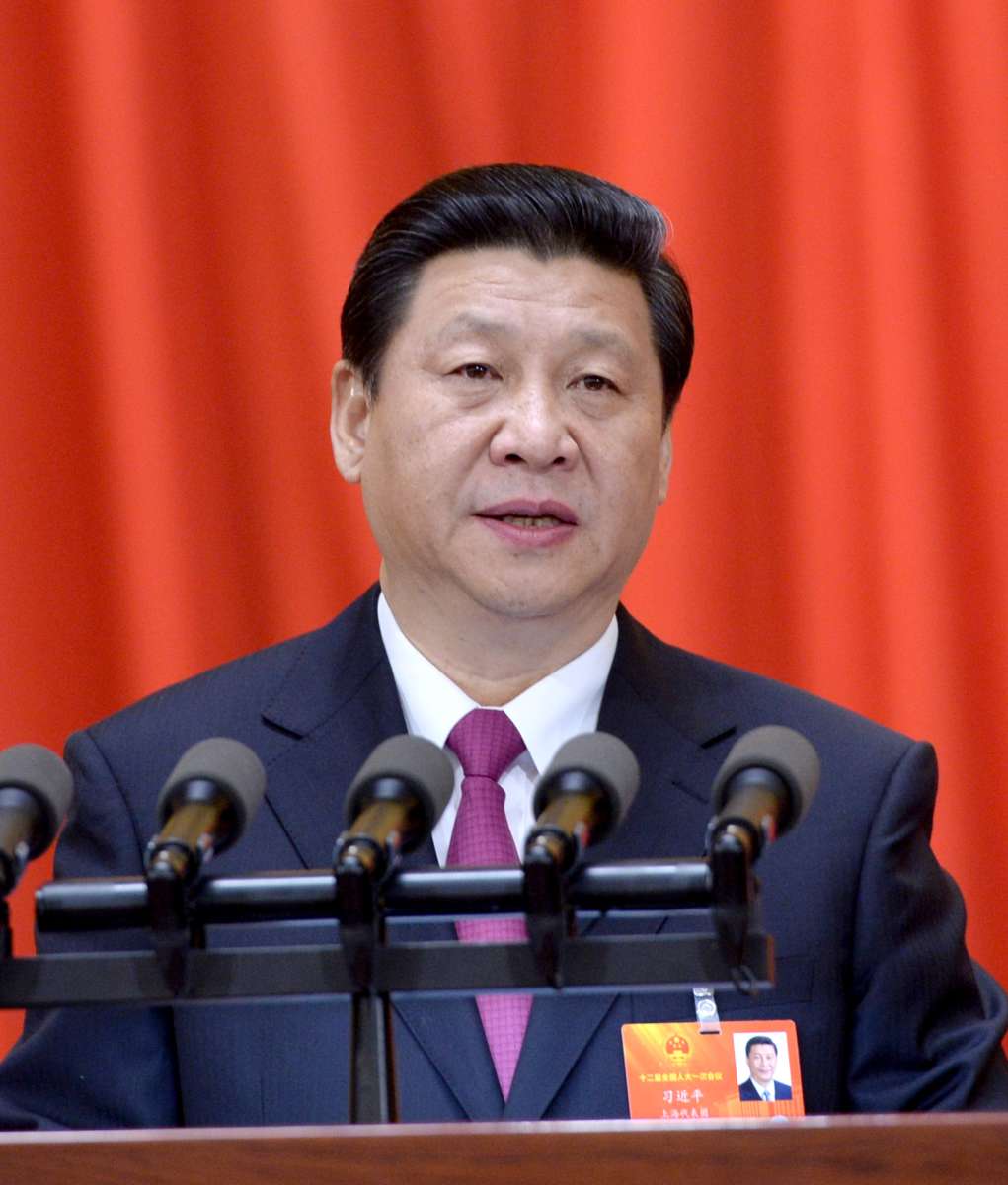Some analysts say China’s efforts to ratchet up pressure on Taiwan reflect Beijing’s longstanding tactics…reports Asian Lite News
Ahead of Taiwan’s presidential and legislative elections on January 13, China began increasing pressure on the island with doubling down on the rhetoric that reunification with China is inevitable and conducting military maneuvers in areas around Taiwan, Voice of America reported on Wednesday.
Some analysts say China’s efforts to ratchet up pressure on Taiwan reflect Beijing’s longstanding tactics.
“With every election and every period between elections, Beijing uses a combination of carrots and sticks to both woo and coerce the people in Taiwan,” J. Michael Cole, senior adviser on Countering Foreign Authoritarian Influence with the International Republican Institute in Taiwan, told VOA in a written response.
In his view, Beijing will adjust the intensity of its strategies to fit the conditions in Taiwan.
“With [opposition candidates] vocal in their rhetoric that a vote for [the ruling Democratic Progressive Party’s presidential candidate Lai Ching-te] is tantamount to a vote for war, it is no surprise that Beijing would weigh in with highly visible reminders of what it can do kinetically,” Cole added.
During his New Year’s address, Chinese leader Xi Jinping reiterated that Taiwan and China will surely be reunited.
“All Chinese on both sides of the Taiwan Strait should be bound by a common sense of purpose and share in the glory of the rejuvenation of the Chinese nation,” he said.
VOA reported that in addition to the warning from Xi, the Taiwan Affairs Office, which oversees cross-strait relations in Beijing, also called on Taiwanese people to promote “peaceful unification,” saying it’s the common desire of people on both sides of the Taiwan Strait.
“We firmly believe that as long as compatriots on both sides of the Taiwan Strait are united and join hands, we will be able to create a better future for the great rejuvenation of the Chinese nation, and we will be able to accomplish the great cause of reunification of the motherland,” Song Tao, the head of the Taiwan Affairs Office, said in his new year message released Tuesday.
Cole in Taipei said Beijing wants to underscore the inevitability of the reunification between Taiwan and China and further constrain Taiwanese people’s choices. “Beijing’s messaging on the unification question is contingent on its reading of the mood in Taiwan and what tactical advantages it thinks it may have,” he told VOA.
Apart from repeating and emphasising the rhetoric of reunification, China continues to conduct gray zone operations around Taiwan, deploying military aircraft, naval vessels, tugboats, and balloons near the island. Gray zone operations refer to the use of military and non-military offensive tactics to intimidate or coerce.
According to Taiwan’s Ministry of National Defense, China has sent dozens of military aircraft and naval vessels near Taiwan.
In addition, Taiwan’s defense ministry detected at least six Chinese balloons since Jan. 1 that have crossed the median line of the Taiwan Strait, with four flying directly above Taiwan.
Some experts say the deployment of balloons is a relatively new gray zone tactic that China has adopted since last month.
“The deployment of balloons is an intentional move by Beijing to influence Taiwanese voters and showcase their capabilities to intrude Taiwan’s airspace,” Su Tzu-yun, a military expert at the Taipei-based Institute for National Defense and Security Research, told VOA by phone.
Su said the defense ministry’s information shows that the Chinese balloons generally operate between 12,000 feet to 20,000 feet, approximately the same height as civilian airplanes.
“There is a potential flight safety problem and this shows that Beijing’s approach is irresponsible,” he said.
Taiwan’s coast guard also drove away four Chinese tugboats that were sailing about four nautical miles off the island’s southern coast on Tuesday.
While China’s intimidation campaigns have traditionally resulted in election outcomes viewed as unfavourable by Beijing, some experts say Chinese authorities are still trying to test whether its influence campaigns can lead more Taiwanese voters preferring peace across the Taiwan Strait to come out and vote for candidates favouring closer ties with China.
“Beijing has noticed that Taiwan’s 2024 election campaign has focused on corruption scandals rather than cross-strait relations, so they may think if they further increase the pressure on Taiwan, they may at least prevent the ruling Democratic Progressive Party from securing a majority in the legislature, which would be a favourable outcome for the Chinese government,” Yao-Yuan Yeh, a political scientist at the University of St. Thomas in Texas, told VOA by phone.
Facing the wide range of Chinese attempts to influence Taiwan’s election, Taiwanese officials continue to highlight and expose Beijing’s efforts, hoping to maintain public awareness.
Despite these efforts, Yeh in Texas said that message may be overshadowed by other information related to the election.
“[One possible scenario] is that Taiwanese people will be aware of China’s intimidation campaign but they probably won’t track the development of the campaign,” he told VOA, adding that it could desensitize Taiwanese people from threats posed by China in the long run.
“This would be the goal that China has long been hoping to achieve,” he said. (ANI)
ALSO READ: Jailed Navy veterans get 60 days to appeal in Qatar

Leave a Reply